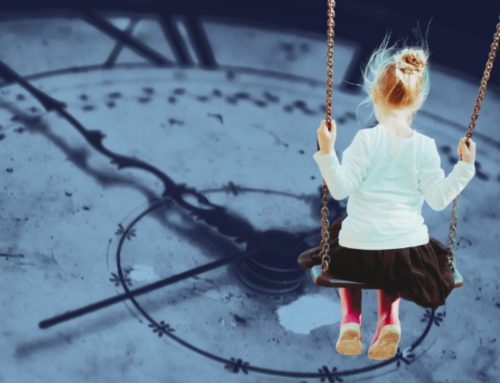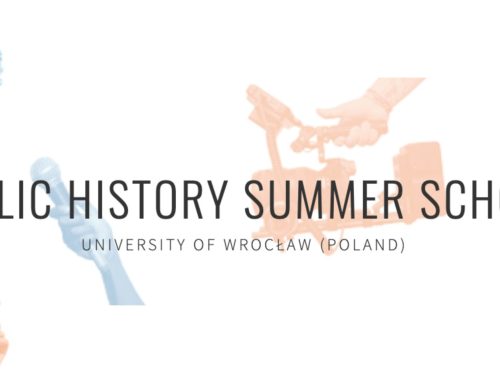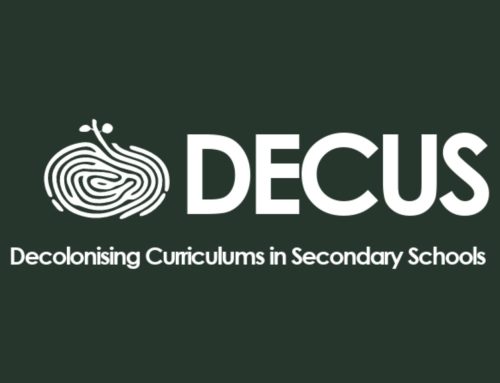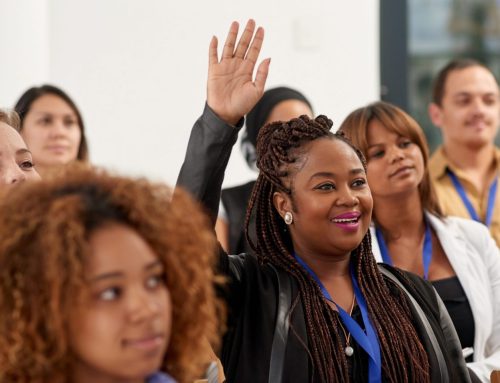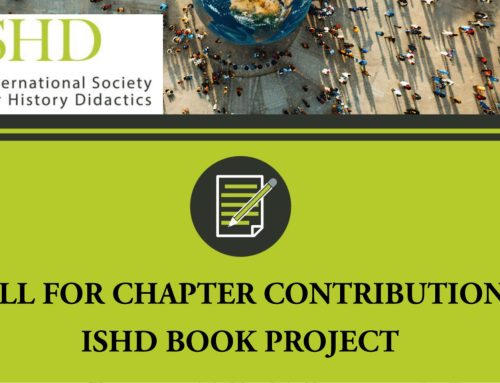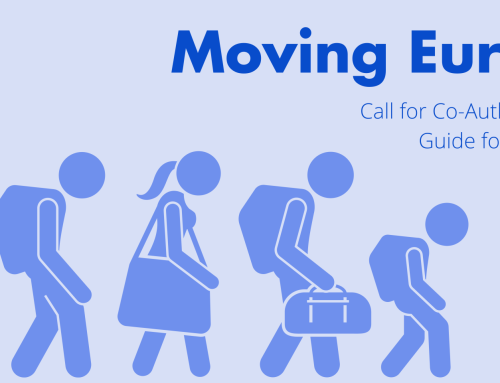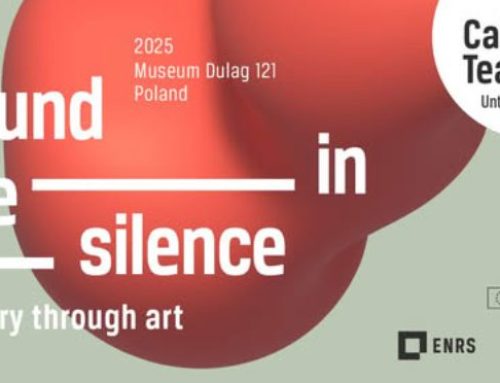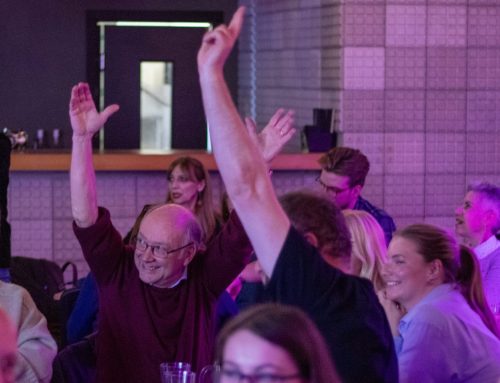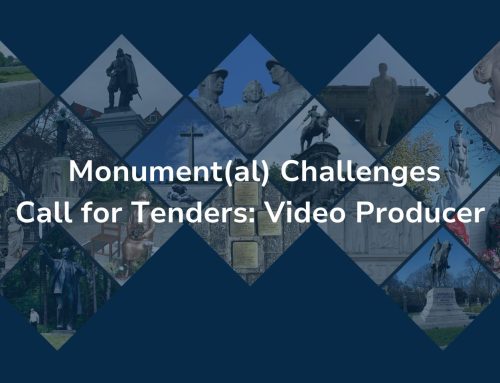The development of the module will be done as part of an online collaboration, with regular online meetings to discuss the content and plan the work. However, three selected contributors, will be invited to go to EuroClio’s conference in St. Petersburg on ‘Revolutions in Contemporary history’, which is held on 27 and 28 October 2017, and asked to co-organise a workshop on the Historiana module. All costs (including travel, fee and stay) for these contributors will be covered.
If you are interested to join the team, and to contribute to the module on the Russian Revolution, please
- Select one the key questions that are listed below.
- Make a PowerPoint presentation (written in English), with up to 10 sources, that help to answer the selected key question. Please include references, copyright information, and the place (e.g. URL) were the source was found. Ensure that there is enough information available for those, who are not specialised in the Russian Revolution, and who don’t understand any other language than English, to make sense of the source.
- Indicate if you are interested and able to join the conference in St. Petersburg. If you do, also add a written rationale (up to 1 page) about the selection of source you made.
- Send these files to steven@euroclio.eu before 17 August 2017.
The Historical Content Team will decide who to invite to join the conference in St. Petersburg, based on the quality and relevance of the selected sources and the accompanying text, how transnational and multiperspective the selection is, and the rationale for the selection.
Everybody who contributed sources, will be invited to join the online meetings of the team working on the Russian Revolution module, and acknowledged as contributor to the module on Historiana.
Mission Statement for the Russian Revolution Module (written by Bob Stradling)
The October Revolution not only had major consequences for Russia and the territories of the deposed Tsarist regime. It inspired communist and radical movements across the world, provoked revolutions and uprisings in other countries and was often used by reactionary forces in other countries to justify authoritarian rule. The Soviet regime which emerged out of the revolution and survived the Civil War had a profound impact on the foreign policies of all the major powers for most of the twentieth century, and, after the Second World War, also influenced nationalist and anti-colonial movements in Africa and Asia. Above all, the post-revolutionary tensions between the Soviet Union and the other major world powers from 1928 onwards, shaped international relations for much of the 20th century, and particularly during the Cold war era.
Historiana is committed to providing history teachers and their students with access to source material that will help them to view major global events in a transnational way and from multiple perspectives.
At the international level we want to look at how the Revolution and the developments which followed were perceived in other countries. Here we would include not only the major powers such as the United States, Japan, Britain and France, but also neighbouring countries in eastern and central Europe and countries such as China and the nationalist movements of colonial Asia and Africa. There is a tendency in textbook coverage of the Russian Revolution to only focus on foreign reactions in terms of the interventions on the side of the Whites in the Civil War. We want to widen this perspective and, in part, this means recognising that the reaction of national governments is only one dimension and does not necessarily reflect public opinion or, more specifically, the perspectives of workers’ movements, trade unions, the intelligentsia, demobilised soldiers, and so on. For example, American public opinion was strongly in favour of the February 1917 Revolution. It fitted their idea of a revolution – the poor rising up because they do not have enough to eat and overthrowing an autocratic tyrant. American opinion changed after the October Revolution, mainly because of the fear that the Bolsheviks would either take Russia out of the war or switch sides. Even so, US Congress voted to provide Russia with $20 million dollars of aid to provide Russians with food and other essentials. In Germany, France and Italy large numbers of socialists and trade unionists sided with the Bolsheviks (e.g. at that time Mussolini, a leading member of the PSI, was pro-Bolshevik).
Similarly, within Russia and then the Soviet Union it was never a simple division between the Reds and the Whites. Even within the Bolsheviks, for example, there were those who believed that this was the time for the proletariat, represented by the Bolshevik faction, to seize power while others believed that this was a bourgeous revolution to introduce democracy which would eventually create the conditions for a socialist revolution. As one historian has observed, The revolution inspired hopes, fears and disappointments “for different groups such as peasants, workers, soldiers, non-Russian nationalities, the intelligentsia, men and women, and young people” (Smith 2002, p.2).
This brings us to the key questions underpinning the thinking behind this planned Unit:
Key questions raised by the module
- What did the Russian Revolution(s) of 1917 mean to people living in the former Russian Empire at the time?
- What did these Revolution(s) mean to people living outside the Soviet Union in
(a) neighbouring states;
(b) the world powers and
(c) other countries facing similar social and political conditions?
- How have perceptions about the October Revolution changed over time:
- What did the Revolution mean to Soviet citizens in the 1930s, during the Second World War and during the Cold War era?
- What meaning and significance does the Revolution have for people now, both within the countries of the former Soviet bloc and globally?
iii. How, if at all, has the Russian Revolution shaped people’s perspectives about:
- the processes of economic and political change within their own countries?
- international relations?

